
What is a Prison System?
Prisons: More Than Just a Place
What is a Prison? We can all imagine the physical space in our minds, (bars, and guards, and locks, and matching jumpsuits) from what we have seen in TV and movies, documentaries, or even our own personal experiences. We recognize the basic function of the prison, to hold, under lock and key, those who have transgressed in some way. We have been taught all our lives that they serve as a way to deter crime, and to punish those who have been found guilty of a crime. Yet the function of the prison is much more than that, indeed, it is not only a physical space, but a symbolic one as well.
The prison produces ideas of morality, and invests in some universally accepted “truths” that need to be put into question. Their function, more so than punishing criminal acts, is to validate violence sanctioned by the state without ultimately solving the problems that led to the crime in the first place. Prisons serve to put the blame on the individual perpetrator, rather than any systemic inequalities or issues, and further, in doing this, does nothing to help those who were affected by any harm done in the process of the crime.
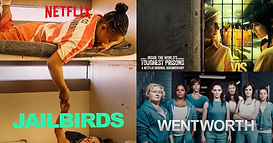
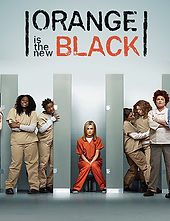
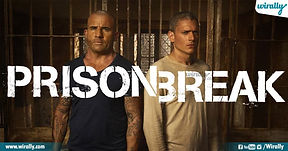
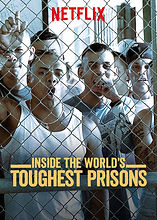
Many popular Television series or movies revolve around prisons, policing and crime.
Prisons also work in conjunction with police to further government interests in terms of capitalism, which we explore further in the History of Prisons section. Prisons work both as a solution to control and survey the “undesirables” of society, and protect the structural inequalities caused by capitalism. Large corporations are often profiting off of prisons, many of which in the US are privately owned, and earn money “per head” of inmates that reside there. They function as a way for the government to promise or make more jobs without questioning the structural inequalities of capitalism that leaves so many jobless. With the steady influx of prisons built, the promise of “stopping crime” is a folly. Prison labour is another way that large corporations as well as governments take advantage of prisoners as labour is a fraction of what a “normal” workforce would require. Again, prisons become a way to gain capital, their true meaning obfuscated by preying on the fear ingrained into citizens towards crime and punishment.
For all the reasons outlined, the government does not want to “stop crime,” indeed, the building of prisons does little to deter crime, in fact it creates it. That is to say, because the structure of our society relies on having prisoners, of course increased surveillance and dependence on police leads to more people being labeled criminals.
Police and Policing
In this same sense, most people are taught that police are here to protect us from harm, that they are the people you call when harm is being done. But as we have been seeing more and more in the news, online and in our daily lives, police are the perpetrators of harm. Either directly, with brutal violence, armed with guns and government protection, or indirectly, in their constant suspicion and surveillance.
With growing concerns towards police violence, policing can too often be framed in terms of the “bad apple” approach, where it is a given that there are “bad cops” but that the system itself isn’t flawed. This is again a product of our society placing blame on the individual when larger structural issues are in fact the problem. The idea of the “good cop” is a fiction, as they are inherently participating in an institution founded on racism, structural inequality and the protection of property, not the protection of people, as outlined further in the History of Policing section. Police interests, regardless of the moral “goodness” of the people themselves, only serve government interests, which is to say they only serve capitalism.
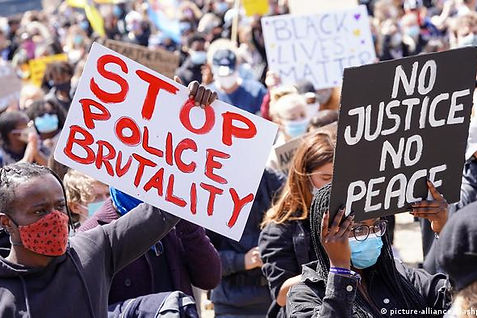
Protestors during the summer of 2021 rallied against police brutality in light of the murder of George Floyd at the hands of the Police.